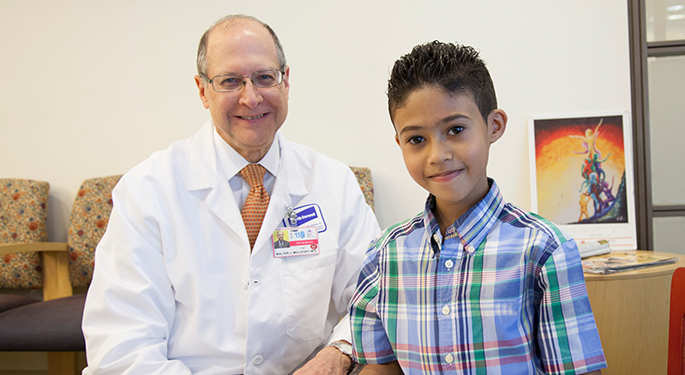The early years of a child’s life are foundational for their overall development and well-being. The nervous system, encompassing the brain, spinal cord, and nerves, plays a vital role in coordinating physical movements, cognitive functions, and motor skills. Unfortunately, some children may encounter neurological challenges due to various anomalies in their nervous system or muscle cells. Here are five common neurological disorders affecting children under five, along with potential treatment approaches.
Autism Spectrum Disorder (ASD)
ASD is a developmental condition that influences behavior, social skills, and communication abilities. Factors contributing to ASD include both genetic predispositions and environmental influences. Caregivers can support children with ASD through behavioral therapies, speech therapy, and educational support, which can enhance their ability to engage socially and communicate effectively.
Cerebral Palsy
Cerebral palsy is a prevalent physical disability that affects a child’s ability to control movement and posture. It results from atypical brain development. Symptoms can vary widely; some children may struggle with balance or have difficulty with eating, while others may face challenges in walking or sitting. Early intervention, including physical therapy and feeding therapy, can help children improve their mobility and communication skills, enabling them to reach their developmental goals.
Attention-Deficit/Hyperactivity Disorder (ADHD)
ADHD is characterized by symptoms such as impulsiveness, difficulty concentrating, and hyperactivity. This disorder can significantly impact a child’s social interactions and academic performance. Behavioral therapy is often recommended, alongside professional guidance, to help manage symptoms effectively and support the child’s overall well-being.
Down Syndrome
Down syndrome occurs due to an extra chromosome 21, affecting physical and cognitive development. Children with this condition may experience a range of challenges, including delays in speech and self-care skills, as well as specific physical traits like a flat nasal bridge and shorter stature. Diagnosis can sometimes occur prenatally, and after birth, tailored therapies can assist families in addressing the individual strengths and needs of the child.
Dyslexia
Dyslexia is a learning disorder primarily affecting reading skills and the ability to recognize speech sounds. It often manifests when children begin their education, typically around the age of five. Variations in brain areas responsible for language processing contribute to these challenges. Although there are no medications to treat dyslexia, educational interventions focused on reading and language skills can significantly benefit affected children.
Conclusion
Early diagnosis and intervention play essential roles in managing these pediatric neurological disorders. With the right support, children can navigate their challenges and thrive developmentally.
Always consult with your doctor or a healthcare professional before making significant dietary changes for your child. They can provide personalized guidance based on your medical history and current health status.
Note: If you have any health-related concerns, please call us at +91-9058577992 to receive free consultation from our experienced doctors. Thank you.

